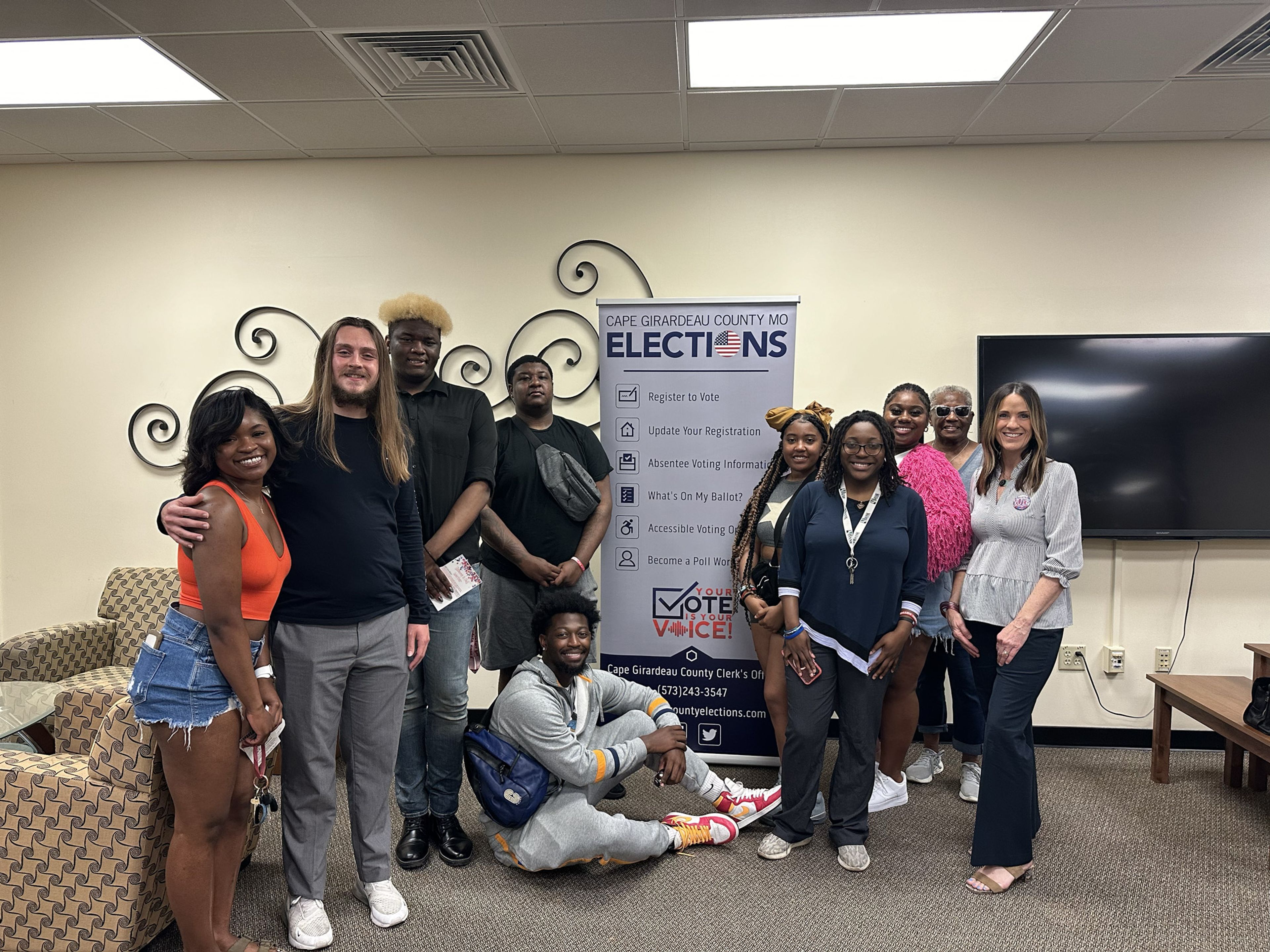On Jan. 8, Democracy was attacked in a grocery store parking lot. As Rep. Gabrielle Giffords (D) conducted her "Congress on the Corner," shots rang out, turning the Safeway grounds into a murderer's row. After the last round left the chamber, six people lay dead, 13 others wounded, including Giffords, who's recovering after a close-range gunshot to the head.
Whenever there's a Columbine, a Virginia Tech, or now a Tucson, society searches for a scapegoat, something to shoulder responsibility. All too often popular culture gets the brunt of the blame. Videogames, movies, and song lyrics have all been targets of blame-shifting allegations, usually scoped by our political leaders and pundits.
In the wake of the Tucson shootings, there's an ironic mist floating above the post-tragedy blame game. As we sift for answers, our media has raised the question: Does violent political rhetoric and punditry bear any responsibility?
The notion has spurred further heated debate in an environment where public discourse has already been overcooked.
Obviously oratory is not your typical fall guy, but the fact is today's vigilante political proverbs would be rated R by the MPAA.
At the center of the controversy is Sarah Palin's "hit list," the crosshair map of the United States Palin's PAC produced to target 20 election battles--including Giffords' Arizona district--and Palin's Tweet that encouraged supporters not to "retreat" but to "reload."
Right-wing talking heads like Rush Limbaugh, Sean Hannity and Glenn Beck have also been criticized for their anger-laden rancorous similes.
And while a majority of the media attention centers around right-wing rhetoric, it should be noted that President Obama is just as guilty. During the 2008 campaign, President Obama said "If they bring a knife to the fight, we bring a gun."
Predictably, the argument over rhetoric pushed tragedy to the background. The victims' families had little time to grieve before the powers of political positioning overtook their mourning period.
Liberals are calling for a tonal shift in rhetoric. Conservatives are accusing their counterparts of yielding an "I told you so" mentality. Liberals believe violent imagery in rhetoric should be ostracized. Conservatives believe the first amendment is under attack.
The conversation is moot at best and despicable at worst. A tragedy happened. Conservatives didn't cause Tucson anymore than liberals salivated for it. Both notions are absurd.
The chasm of America is already deeply divided. The addition of another arguing point is redundant.
That being said, the victims in Tucson were not attacked by words, they were attacked by a shooter. If a politician or pundit voluntarily voids violence from their own speech, that's their right. If others choose to continue political discourse with figurative language, that's their right.
A message, whether it be delivered via screenplays or stump speakers, is not a danger. The individual filtration system receiving the message is to blame.
Right now the motivation of the accused gunmen is unclear. "Animal Farm," one of the his favorite books, may have been more motivational than rhetoric, but we shouldn't blame George Orwell anymore than we should Glenn Beck.
Should our political leaders and mass marketed opinion makers be held to a higher standard than a Hollywood screenwriter? Perhaps, but unless the words are implicitly seditious we should afford them the same freedoms as other art forms.




